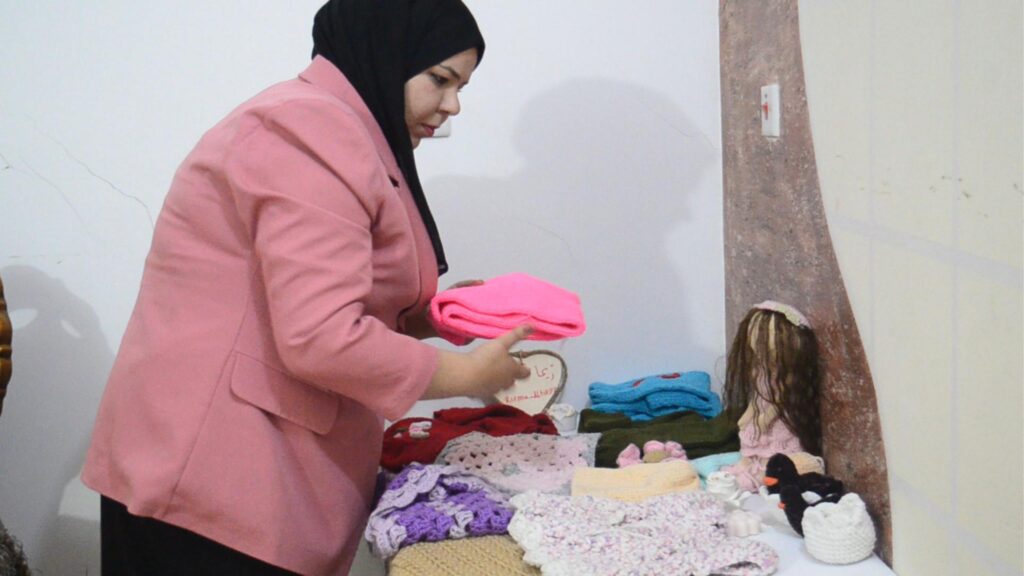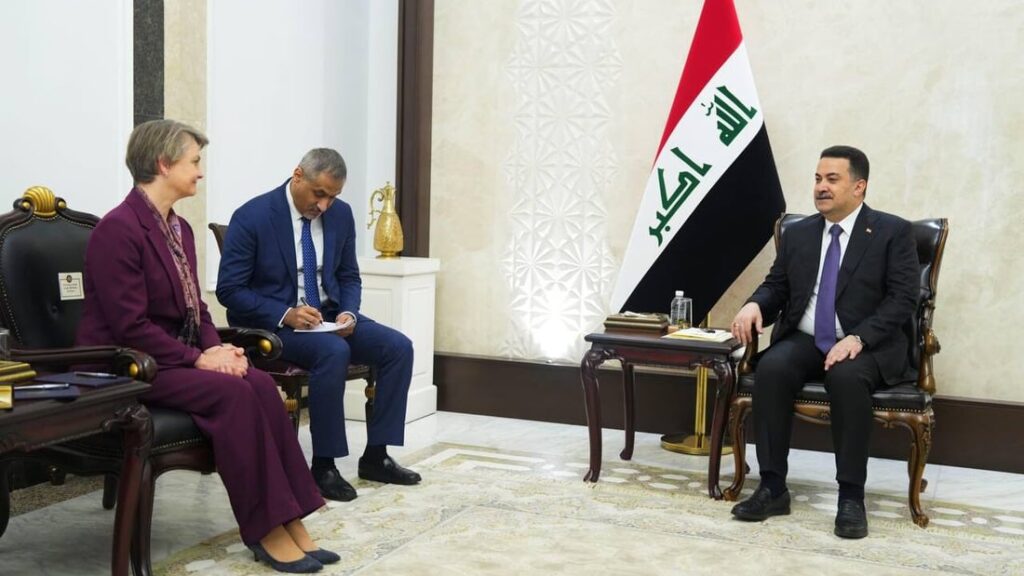Iran official denies joint ops with Turkey against PKK

The unnamed official from the Iranian Armed Forces’ General Staff told the state-run Tasnim News Agency that Turkey had unilaterally launched an operation early on Monday in the western part of the country, stressing Iranian forces “do not have any role in this operation”.
Turkish Interior Minister Suleyman Soylu told a Justice and Development Party (AKP) rally in Antalya on Monday that Turkish forces had begun “joint operations” that morning alongside Iran.
“Fifteen days ago I said we would conduct joint operations with Iran,” Soylu told the rally. “For the first time in our history, I visited Iran’s Tehran 2-3 times. They came here as well. Today at 08:00 we conducted our first joint operation against the PKK on our eastern borders. We will disclose the outcome. We will not let them breathe.”
The Turkish state has fought PKK guerillas in the country’s southeast for decades, resulting in tens of thousands of deaths on both sides. The PKK, which fights for greater cultural and political rights for Kurds in Turkey, is outlawed by Ankara and its US and EU allies.
The Kurdistan Region’s mountainous border with Turkey and Iran has long offered PKK fighters a safe haven from which to launch cross-border operations.
On Saturday, the Turkish military revealed two of its soldiers had been killed and eight inured in a skirmish with guerrilla fighters. Turkey said six PKK fighters, including one woman, were killed.
The PKK meanwhile claimed its fighters had killed 23 “enemies” and injured 10 others, putting its own losses at five.
Unlike Turkey, Iran has reportedly reached an unofficial truce with the PKK’s Iranian affiliate, the Kurdistan Free Life Party (PJAK).
Iran also appears to be taking into account its relationship with the People’s Protection Units (YPG) – the Kurdish force in northern Syria with ties to the PKK. The YPG has not engaged in open conflict with the Iran-backed regime of Bashar al-Assad, despite forming an autonomous region in the north of the country. How relations pan out between Damascus and Syria’s Kurds could determine Iran’s relationship with its own Kurdish separatists.
The YPG denies fostering any organic connection with the PKK but does not deny it follows the same philosophy of the PKK’s jailed founder Abdullah Ocalan.
Turkish troops have maintained a presence in the Kurdistan Region’s border areas since 1990s. They regularly shell suspected PKK positions, forcing the residents of border villages to abandon their homes.
In late January, a crowd of residents attacked a Turkish military base in Shilazde, Duhok province after the Turkish air force killed a number of civilians during a skirmish with the PKK.
Turkey says it will not halt operations in the mountains of Iraqi Kurdistan and in northern Syria (Rojava) until it has cleared its southern border of “terrorists”.
Baghdad has repeatedly said its neighbors and armed groups must stop violating Iraq’s sovereign territory.
Turkish authorities have routinely threated to attack the Qandil mountains – the suspected headquarters of the PKK – and even Shingal, where PKK-affiliated groups compete for supremacy with the Iraqi forces and Shiite paramilitias.
Turkish forces attacked a PKK-affiliated Shingal Protection Units (YBS) convoy in Shingal in August 2018, killing a key PKK leader Zaki Shingali. Baghdad condemned the attack.


